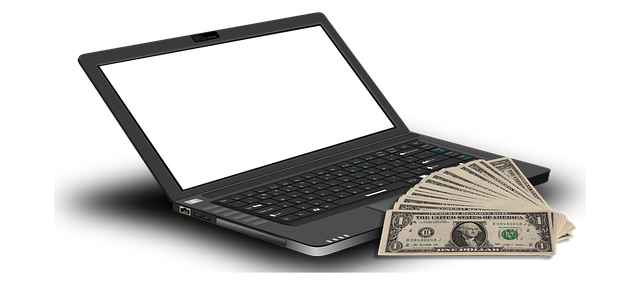Title loans, secured by physical assets like vehicles, differ from credit cards in their financial dynamics and repayment methods. While title loans offer legal security through collateral repossession, credit cards are generally not accepted for title loan repayments due to their lack of collateral. Individuals and lenders prefer direct payment methods like cash, checks, and electronic transfers for title loans, ensuring secure fund exchanges. Vehicle inspection aids in determining collateral value, promoting transparency. Cash or check payments are favored over credit cards for title loan repayment to minimize risk, avoid late fees, and consolidate debt effectively.
While credit cards are convenient for many financial transactions, they’re rarely used as a title loan payment method. This article explores the reasons behind this trend, focusing on the unique constraints of credit cards for title loans. We’ll delve into popular alternatives like cash and checks, dissecting why these traditional methods often take precedence in the title loan sector. Understanding these dynamics is key to navigating the financial landscape efficiently.
- Understanding Credit Card Limitations for Title Loans
- Popular Alternatives to Credit Cards in Loan Payments
- Why Cash or Check Often Take Precedent Over Credit Cards for Title Loans
Understanding Credit Card Limitations for Title Loans

Credit cards are typically not accepted as a viable method for paying off title loans, primarily due to their distinct financial characteristics and the nature of this loan type. Credit cards are designed for short-term purchases and offer flexible repayment options through revolving credit lines. On the other hand, title loans are secured, high-interest financing options that rely on an asset—usually a vehicle—as collateral. This fundamental difference makes them more akin to traditional bank loans than the everyday use of credit cards.
The limitations stem from the fact that credit cards do not typically involve physical assets as collateral and offer no concrete security for the lender. In contrast, title loans provide lenders with immediate ownership over the collateralized asset, which acts as a safety net in case of default. This ensures that lenders have a clear legal path to repossess the secured item, unlike credit card debt where collection processes are more complex and involve various regulations. Thus, for both practical and legal reasons, credit cards are seldom considered suitable for fulfilling title loan repayment obligations, especially when compared to methods like semi truck loans or Fort Worth loans that specifically cater to financing and repaying such assets.
Popular Alternatives to Credit Cards in Loan Payments

When it comes to paying off loan obligations, especially unique financial instruments like title loans, credit cards are surprisingly rare choices. Individuals and lenders alike often prefer alternative payment methods that better suit the nature of this type of secured financing. Instead of swiping a plastic card, many opt for more direct and secure ways to settle their loan requirements.
Popular alternatives include cash payments, checks, and even electronic transfers set up through agreed-upon payment plans. Some lenders might also facilitate vehicle inspection as part of the loan process, allowing them to assess the collateral’s value. These methods provide a more tangible and controlled exchange, which is crucial when dealing with secured loans. Such approaches ensure that both parties understand and agree upon the terms, making it easier to manage and repay the loan responsibly.
Why Cash or Check Often Take Precedent Over Credit Cards for Title Loans

When it comes to paying off title loans, cash or checks are often preferred over credit cards for several practical reasons. One of the primary factors is the nature of title loans themselves. These secured loans, such as car title loans, are designed to offer lenders a level of security that credit card transactions do not provide. Lenders prefer cash or checks because they guarantee immediate and complete repayment, ensuring they have physical evidence of payment. This reduces risk for the lender, especially with short-term, high-interest loans like cash advances, where quick repayment is crucial.
Additionally, using a credit card for title loan payments might not be favorable due to the potential for additional fees and interest charges. Credit cards often come with processing fees, and late payments can lead to steep penalties, which could outweigh the convenience of using plastic. Moreover, since title loans are typically used for debt consolidation, borrowers may prefer to avoid further complicating their financial situation with credit card debt, especially if they are already dealing with multiple creditors.
While credit cards offer convenience, they often fall short as a preferred title loan payment method due to limitations and higher fees. In the competitive landscape of loan services, cash and checks have retained their significance, providing borrowers with more straightforward and cost-effective options for title loan payments. This trend highlights the practical needs of borrowers and the ongoing importance of traditional payment methods in this sector.






